Civ 7: Why You Might Want To Turn Off Crises At First
New players are better off deactivating one of the new features introduced in Sid Meier's Civilization 7. Civ 7 introduces lots of changes to the classic Civ formula. Some, like the mixing and matching of leaders and civilizations, have already proven incredibly popular for the additional flexibility and degree of strategy they add to the game. Others have been more controversial, either because they simplify previously complex aspects of the series' gameplay, or because they make previously viable Civ strategies impossible to employ in the most recent entry.
One of those new mechanics is Crises, which is on by default, and causes special events to occur near the end of every Age. For more experienced players, Crises add an extra wrinkle to their strategies: once they learn how they work and when to expect them, they can plan accordingly, and avoid having one ruin their game. But a new player can easily be oneshotted by a sudden Crisis, and this kind of early, crushing defeat can turn them off the game entirely. Here's how Crises work, and why most new players should turn them off.
What Crises Do In Civilization 7
How Crisis Events Work
Crises are negative special events that will be automatically activated roughly 70% of the way through each of the first two ages, Antiquity and Exploration. There are no Crises for the Modern age. As the mechanic's name implies, each Crisis appears suddenly, and has a negative effect on the player's civ - one that can turn deadly if it's not dealt with quickly and effectively. There are different crises associated with each individual Age, which are represented in the table below.
Age | Crises |
|---|---|
Antiquity | Invasion |
Revolt | |
Plague | |
Exploration | Plague |
Revolution | |
War of Religion |
The activation of a Crisis will also allow the player to set a Crisis Policy. Most Crisis Policies incur penalties, but some have positive effects as well. For example, the Miasma Crisis Policy, unlocked during Plagues, will grant them one of Civ 7's new Migrant units every time a new city is infected, but their cities grow 25% more slowly as a result. Others are more explicitly negative, like Tribute, which removes 10 gold for every city-state the player is suzerain of. And others are positive, like Humoralism, granting science points whenever physicians treat the sick on tiles with hospitals.
Why You May Want To Turn Crises Off Initially
Civ 7's Crises Aren't Ideal For New Players
Crises ostensibly exist to test the flexibility of a player's strategy, forcing them to sacrifice certain resources and scramble to change their policies in time to stem the worst effects of the disaster. But they can also be anathema to new players. Learning Civ for the first time is incredibly difficult. In those early days, there are so many mechanics to keep track of, so many balls to juggle, that it's easy to accidentally drop one and watch an entire empire crumble. Every Civ veteran has been there at one point.
Things only get tougher as each Age goes on; players unlock more mechanics, set more goals, make more enemies, et cetera. Now, imagine a new Civ player who's getting to the end of their first Age of Antiquity. They're starting to feel confident in their strategy, and feel that they have a solid chance at staying competitive - they'll have to address some weak points in the coming centuries, sure, but they feel they can do it. Then, suddenly, a Crisis occurs - doesn't matter which one - and immediately devastates their population, empties out their coffers, and destroys their happiness.
They may not immediately know how best to deal with ther Crisis, as they're not familiar enough with the game's mechanics to respond effectively. If they don't completely lose control of their civ, they'll likely have to spend a significant chunk of the next Age rebuilding and recovering, and won't be able to make the power moves they'll need to eventually claim victory in Civ 7. They'll be able to trace their loss back to that one single Crisis, and may be reluctant to try again - what's the point, if a Crisis is always going to come along and destroy their hard work?
How To Turn Off Crises In Civ 7
Civ 7's Advanced Settings
Thankfully, it's possible to turn off Crises if the player so desires. When starting a new game, players will see a variety of different options: difficulty, speed, map type, map size, et cetera. But at the bottom, there'll also be a smaller button that reads "Advanced Settings." Click on this, and within the window that pops up, there should be an option to turn off Crises. Do so, and these devastating events won't occur.
See Related: Civ 7 Wiki
Of course, once the player is reasonably comfortable with Civ 7's mechanics, they can start turning it on for later games. It actually poses an interesting challenge to experienced players; learning how each individual Crisis works, which Age it's most likely to come up in, and how to respond to it will allow them to develop various contingency plans, preparing ahead for when the worst inevitably happens. For first-timers, or those who are still getting familiar with the ins and outs of Sid Meier's Civilization 7, though, Crises are better left turned off.
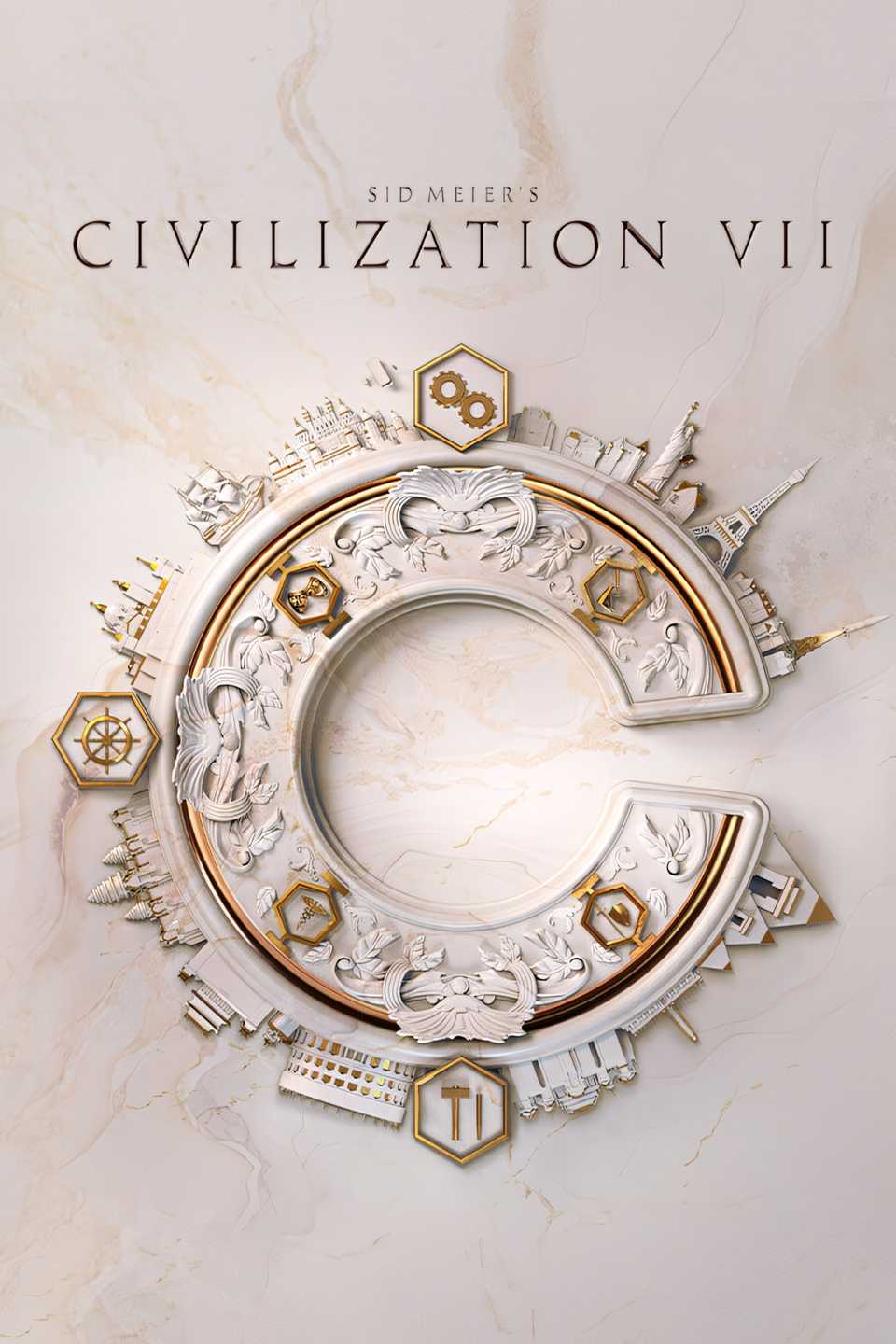
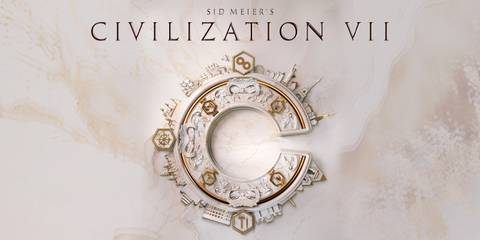
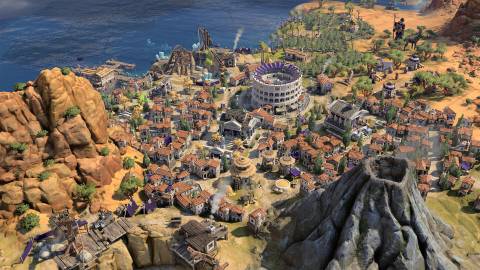
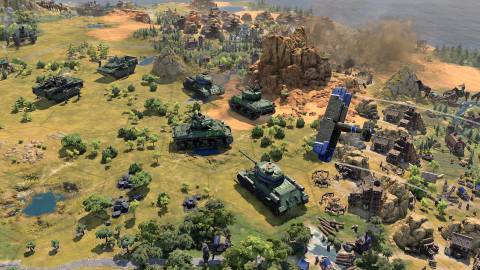
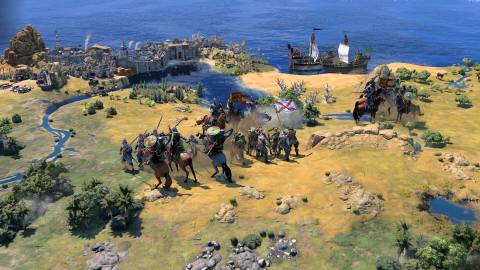
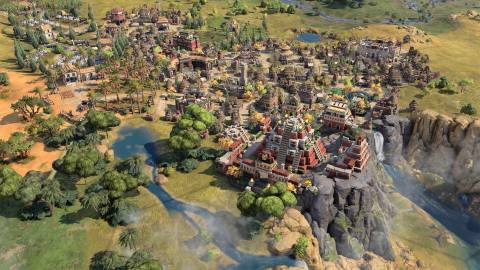
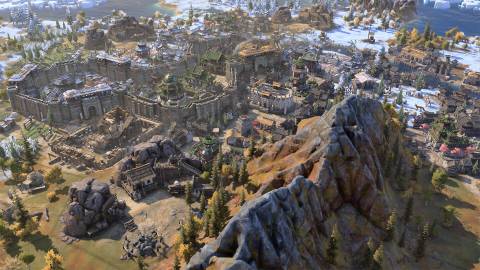
Sid Meier's Civilization VII
 OpenCritic Reviews
OpenCritic Reviews- Released
- February 11, 2025
- ESRB
- Everyone 10+ // Alcohol and Tobacco Reference, Mild Language, Mild Violence, Suggestive Themes
- Developer(s)
- Firaxis Games
- Publisher(s)
- 2K
- Engine
- Gamebryo Engine

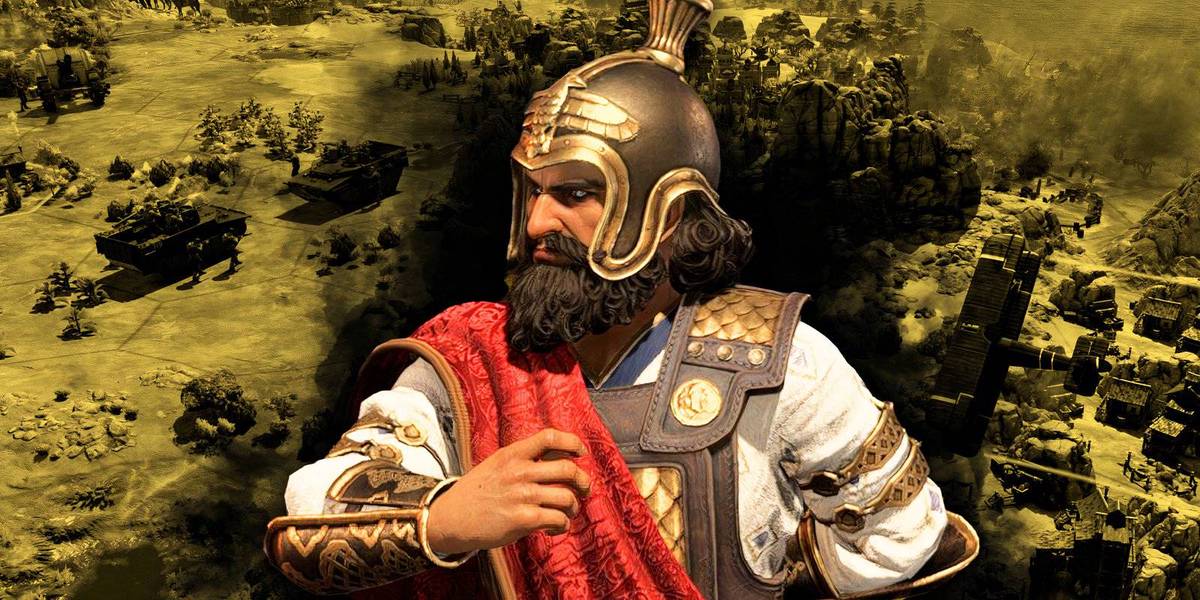








Your comment has not been saved